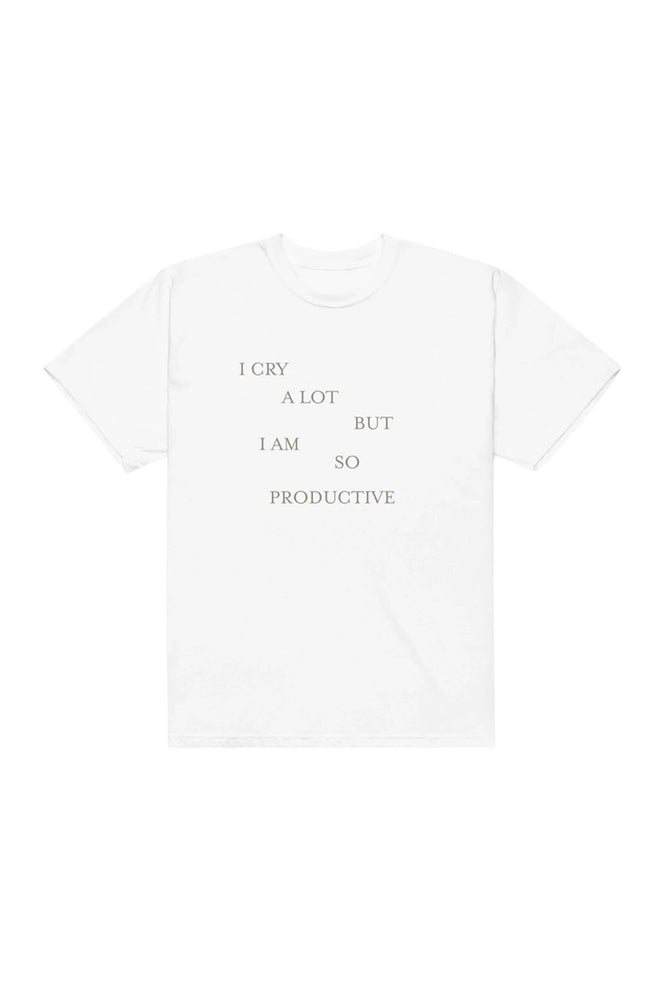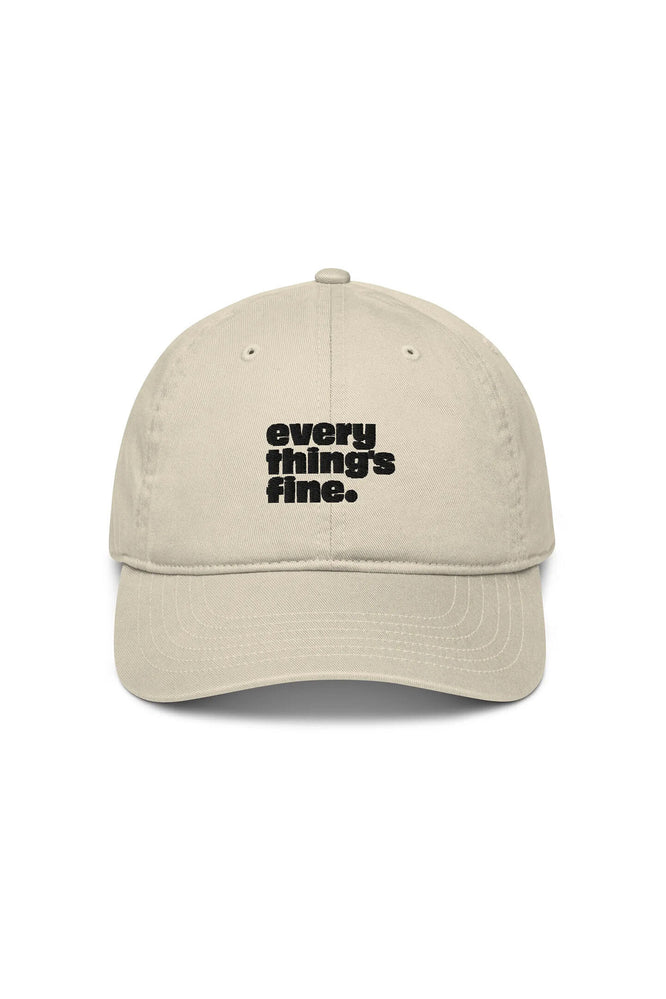One thing I love about the 2000s is how every trend just gets regurgitated. Tie-dye from middle school? I never thought that would be popular again, but here we are and it’s all the rage. Chokers had their moment in the early 2000s and again for the past few years. But not all reemerging trends are good ones—some should just stay buried. For example, I really never wanted to see low-rise jeans make a comeback. And another thing? Chain emails. Although in modern times, chain emails tend to be less of actual emails you forward on to everyone in your contact list, and more of random memes that circulate the internet that your parents and older relatives fall for (like that one that claims drinking water will kill coronavirus because… stomach acids kill the virus). Well, there’s a new chain in town—and by “in town” I mean “circulating the internet”, one that promises a return of $800, guaranteed, if you just “buy in” by sending $100 to a stranger via Cash App. That’s right, folks, we’ve got a good old fashioned pyramid scheme mixed with a chain email on our hands. We love a good crossover episode. But before you fork over $100 of your stimulus check, let’s think through why this “new” money-making scheme might be a bad investment.
Because I’m deeply fascinated by multilevel marketing and pyramid schemes (some people would call it “unhealthily obsessed”), I caught onto a sort of meme making its rounds on the internet, and therefore, within anti-MLM circles called the Cash App circle or Cash App wheel. It starts with a picture of a wheel that’s divided into 15 different sections, each section assigned to a different person.

And then there are the instructions.

Okay, first of all, if you have to insist that the moneymaking initiative you’re running is not a pyramid scheme, I feel like that’s a pretty good indicator that it is, in fact, a pyramid scheme.
Second of all, while this seems simple to execute, I’d argue that it’s far from easy. Have you ever tried to recruit two people to dinner plans, pre-quarantine? Not exactly easy to get people to commit, is it? And then you have to get a bunch of other randos who also need to buy in, all before the scheme collapses or gets shut down?
Now, I’m not a financial expert, nor do I work in the FBI fraud division (yet). But I can tel you that this Cash App scheme looks a lot like other pyramid schemes. Same premise, different shape.
In the late 1980s, something called the “Airplane game” started popping up around the country in places like Oklahoma, Miami, Tampa, Rochester, Los Angeles, and others. The idea was this: someone, who would be later referred to as the “pilot”, would start the game. They would then recruit two people to pay into the game and become “co-pilots”. A 1987 Associated Press article reported that the entry fee to become a co-pilot could go up to $1,000 or more, but was typically $100. Sound familiar yet?
The pilots would then recruit two players each, who would also pay the entry fee. Those four would become “flight attendants”. The flight attendants would then—you’re probably getting the hang of this now—recruit two passengers each. Here’s how the pilot would get money, per AP: “When a plane is full – say, with 14 entries – the pilot has $1,400 and the pyramid splits in half, with the co-pilots becoming pilots, flight attendants becoming co-pilots, and passengers becoming flight attendants.” The flight attendants would then have to recruit new passengers, who would pay the $100 entry fee, so “the pyramid continues splitting and growing.”
Or, if you need a visual interpretation:

In 1987, the Associated Press called the airplane game “the newest twist on the age-old illegal pyramid scheme.” It led to at least 17 arrests in New York and four in Los Angeles. In other words, it was not legal.
But 1987 is practically ancient history, believers might say. And plus, this is a circle, not an airplane. Totally different shape, totally not a scheme. And to you, I see your argument and raise you: one Blessings Loom. The Blessings Loom is basically the exact same scheme as the airplane scheme, and it’s existed since at least 2016. It’s also been referred to as a Christmas Wheel, Snowflake Blessing, or Infinity Loom, and guys, it’s the exact same sh*t as this Cash App circle. According to a 2016 Consumer Affairs article, “Facebook users must deposit at least $100 into a PayPal or Whatsapp account. They’re promised an $800 payout if they can recruit two other people to do the same.” I would take this time to facetiously ask you if that sounded familiar, but I’m not going to insult your intelligence, because they are exactly the f*cking same. This is a half-hearted rebrand of the same scheme.
Even back in 2016, the Mississippi Attorney General at the time called it a “pyramid scheme”, and the FTC called it a Ponzi scheme. Whatever type of scheme you prefer to classify it as, promoters can face fines or even jail time, depending on the state, and it can also lead to your Facebook or Instagram account getting shut down, since it violates the Facebook terms of service.
And remember how I said I’m not a financial expert? That’s still true, so I spoke to a Bank of America expert who warns, “The risk of falling victim to a fraudulent money scheme can increase during financially stressful times, as scammers aim to take advantage of vulnerable people and uncertain situations.” While it may sound tempting, Bank of America advises, “Never send money or give out personal information to an unknown recipient, especially in response to an unexpected request, and don’t pay upfront for a promised return.” Don’t deposit a check into your account so you can wire someone back a couple hundred dollars, don’t pay some person in your DMs $100 with the hopes of eventually getting $800—just don’t do it, ok?
The Bank of America expert emphasizes, “When it comes to personal finance—especially at an uncertain time like this—focus on tried-and-true tactics. Keep your budget updated, track your spending closely and remember: if it seems too good to be true, it probably is.”
So, listen. The next time a girl who bullied you in high school tries to slide in your DMs to sell you on a pyramid scheme, just say no. You won’t get your money back, you could end up in jail (jail, Ron, jail)—even though that seems kind of unlikely given the times, but whatever—and you could lose your Facebook or Instagram account. And worst of all? You’ll look like an idiot, and I can guarantee that whatever number of people you manage to recruit, double that number will be talking sh*t about you for falling for this scheme.
Images: Giphy; cashappcircle_1 / Instagram










































